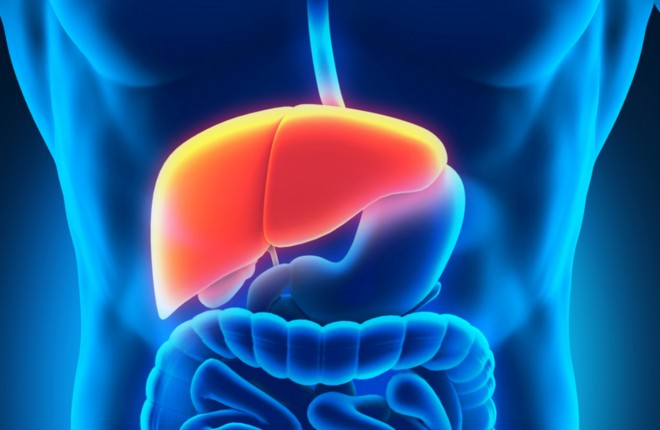
The liver is the only part of the body affected by alcohol
AS the country gets to grips with the news that drinking even a small amount of alcohol can increase your chances of developing cancer, one top local professional has warned alcohol is also inextricably linked with depression and even suicide.
Last week new alcohol limit guidelines were announced, which recommended consuming no more than an 14 units of alcohol a week for both men and women. That works out at around seven drinks a week, with two units in a pint of beer, which should be spread out over three days.
The new guidelines were issued by the UK Government after shocking new medical research showed even a tiny amount of alcohol can increase the risk of cancer.
Dr Scott Payne, Western Trust Consultant in Addiction Psychiatry, welcomed the new recommended limits, stating they had been decided upon based on evidence from over two years’ research by experts.
“They bring together everything we know that’s out there,” said Dr Payne. “There is no safe level, even drinking in small amounts would slightly increase the chance of developing certain cancers.
“The most important thing is that people understand the message, that they know what units mean. Understanding what you’re consuming is key, and reducing your risks.
“Overall there seems to a be a slight downturn in consumption across the UK, but often the harm is long term so we may not be seeing them yet. Drinking now can lead to harm down the line, which can creep up on people.”
With regard to the issue of mental health and alcohol consumption, Dr Payne said it was “a complex area.”
“There is certainly a strong link between alcohol and substance use, and depression and suicide,” he said. “Sometimes the alcohol leads to the depression, and sometimes the depression leads to the alcohol use. There are a broad range of inter-relationships.
“Alcohol worsens someone’s mood, maybe it makes you feel better in the short-term but in the long term it will have a negative affect on your mood. Alcohol also reduces inhibitions, making you more likely to act on destructive impulses. It all needs to be treated holistically.”
Edel Kelly, therapeutic intervention worker with the Drink Wise Age Well Programme that is being hosted by Addiction NI, also welcomed the new guidelines announced last week and said she was happy to hear the recommended limits were now the same for both women and men.
“The previous guidelines almost gave men a bit of licence to go on and have a few more,” she said.
“That didn’t make sense because everyone is different, some women are bigger and some men are smaller, and we all process alcohol in different ways.”
Ms Kelly, who works with people over 50 advocating a sensible approach to drinking, added: “Hopefully the new guidelines will make people rethink their drinking. We’ll be looking at the guidelines for older people, and trying to highlight all those things. It all depends on your health background and what medication you’re taking.”








